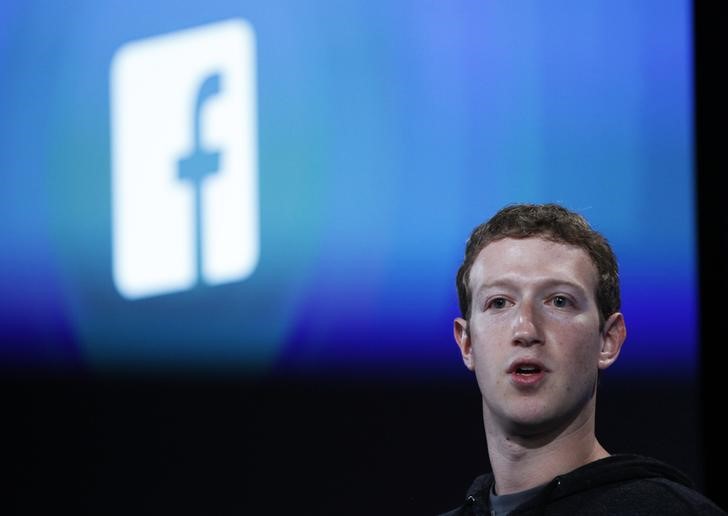By Helen Murphy and Luis Jaime Acosta
BOGOTA (Reuters) - Facebook Inc on Wednesday launched a mobile phone application that gives Colombian users free access to a handful of online services, broadening Chief Executive Officer Mark Zuckerberg's effort to boost Internet usage in developing markets.
Colombia is the first nation in Latin America to receive the new Internet.org service, in partnership with local mobile phone provider Tigo, but the aim is to push the application across the region.
The tools offered by the service provide a foundation Colombians can use to "build their own prosperity" Zuckerberg said at a presentation in Bogota with President Juan Manuel Santos.
"By giving people these basic tools for free, you're creating an equal playing field," Zuckerberg said, referring to entrepreneurs who could use the free Internet to start or grow a business.
Internet.org will offer more than a dozen services via the Android operating system, including online encyclopaedia Wikipedia, weather websites, job listings and health information, as well as Facebook's own social network and messaging service.
Access to the application's services is free, but links that lead to information on other websites will require users to pay data charges.
The service may even aid the country, which has 21 million Facebook users, as it seeks an end to 50 years of war with Marxist rebels, Zuckerberg said.
"Just giving people the tools of connectivity is important by itself in creating communication and a tighter social fabric in creating peace," the 30-year-old CEO said.
The service, first launched in Zambia back in July, will eventually be available via other mobile providers.
Facebook has partnered with more than 150 wireless providers over the past four years to offer free or discounted access to its social network, but the new app is the first time the company has added services beyond its own website.
"Our obsession is how we can use technology to reach our big goals, first peace, which will allow us more equality and better education," Santos said.
While 85 percent of the global population lives in areas with mobile phone coverage, only 30 percent have access to the Internet, according to Tigo. Around 3 billion people will have online access by the end of 2014, the International Telecommunications Union (ITU) has said.
Facebook hopes the Internet.org project will help more than 4 billion Internet-less people worldwide, many of whom live in Africa and India.
The initiative has the potential to boost the size of Facebook's audience, which totals 1.32 billion monthly users. Tigo, a unit of Millicom, has about 8 million users in Colombia.
